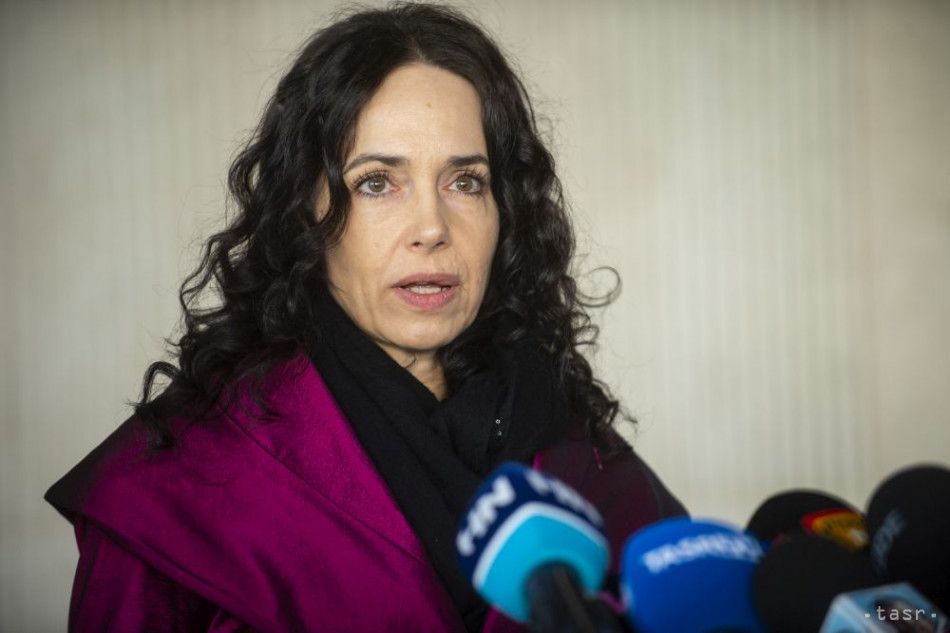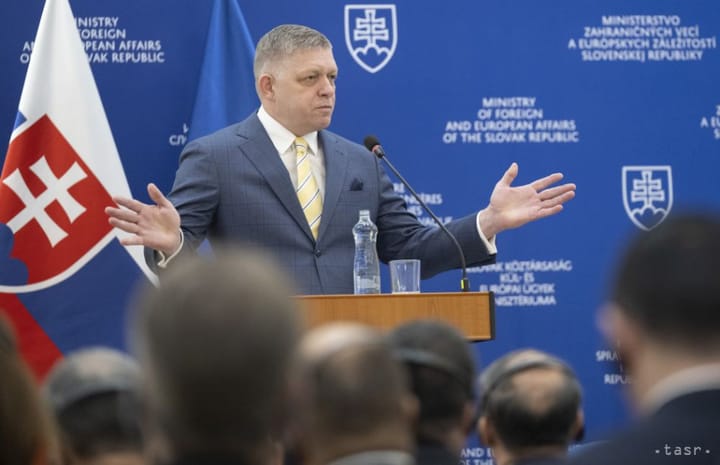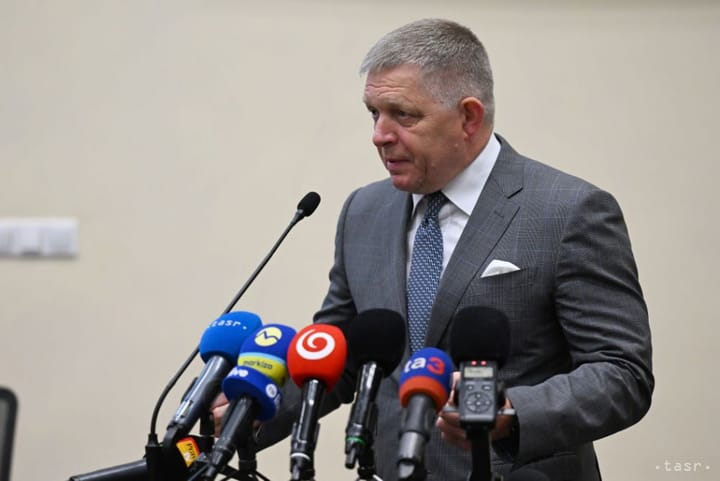CoFoE: Lexmann: Slovakia Needs to Step up to Be Prepared for AI

Bratislava, February 8 (TASR) – Slovakia is among the least-prepared countries for the emergence of artificial intelligence on the labour market, especially in the manufacturing sector, Slovak MEP Miriam Lexmann has stated in a discussion on TASR TV, adding that the country must switch to a much higher gear in this area, as the competitive edge of companies and workers will be impacted otherwise.
In her opinion, digitisation is among the most important economy-related topics being discussed at the ongoing Conference on the Future of Europe (CoFoe).
Lexmann noted that it’s difficult to build digital infrastructure in some regions when even the basic infrastructure in the given region isn’t complete yet. “For example, in Presov region, more than half of the municipalities don’t have drainage, and 200 of the 600 municipalities don’t even have access to water,” said the MEP, opining that in some of these areas there’s a need to start completely from the ground up because they will be never able to catch up with more developed regions in Europe at this rate.
Among other matters, Lexmann highlighted the need to align funding from the national recovery plan, traditional EU funds and the budget. According to her, the country shouldn’t view EU funds as the only source of funding. European trends are set to develop a digital and green economy, and if Slovakia lacks any element necessary to move closer to this goal, the state budget should be used for this end.
Meanwhile, MEP Eugen Jurzyca said in the discussion that he’d put more emphasis on economic growth, namely on maintaining and increasing it when the pandemic subsides, warning that if European countries stop focusing on this, it could have negative consequences in a number of areas, such as demographics, the sustainability of public finances and the social sphere. “That is why it’s still important – although it isn’t so ‘in’ at the moment – to talk about the quality of the business environment and about the fundamental freedoms on which the Union is built,” said Jurzyca, adding that he was referring to free trade in goods, the seamless movement of people across borders, but especially free trade in services.
In his view, it’s the European market for services that requires greater liberalisation. “We could make a lot of money, the whole Union and individual EU-member countries alike, if we freed up the services market more,” he remarked.
The CoFoE will collect people’s ideas concerning the EU’s future that may lead to specific recommendations for reforming the Union until the spring. Anyone can register and express their views or comments on the functioning of the EU at futureu.europa.eu – the official website of the conference, which is jointly sponsored by the European Parliament, the European Council and the European Commission.



